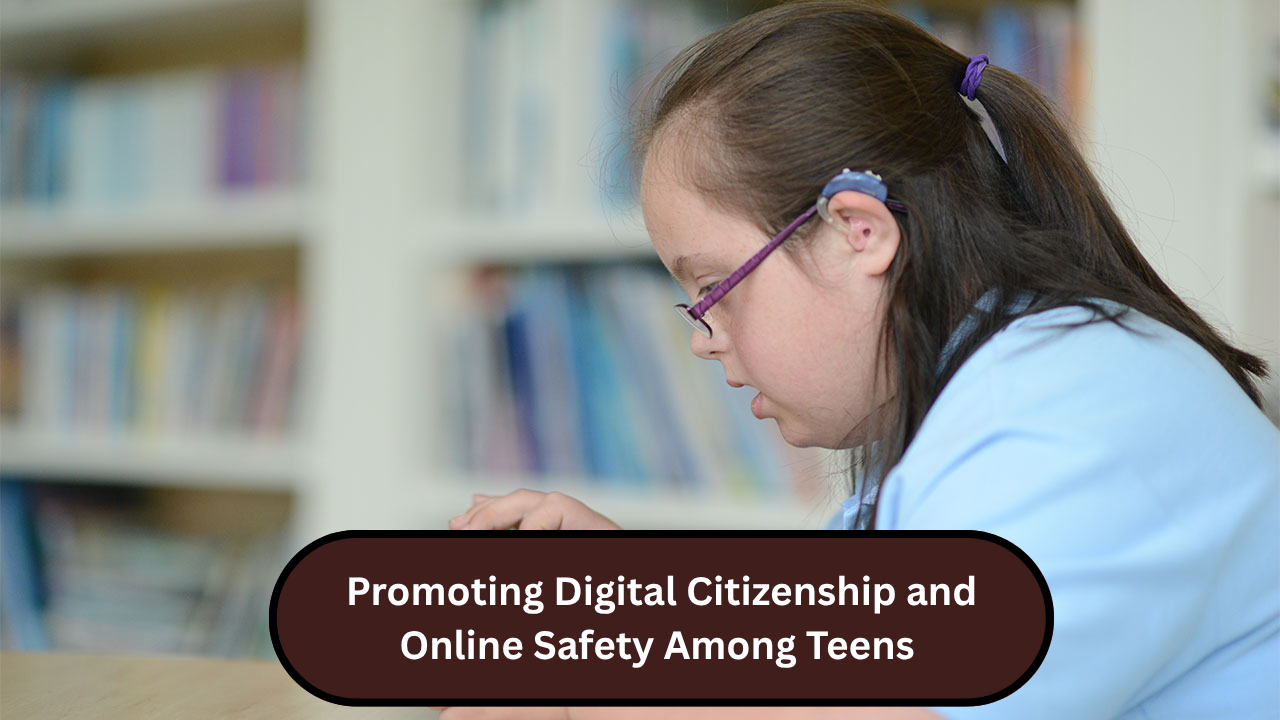Today’s teenagers are growing up in a digital world. They use smartphones, social media, online games, and many other internet-based platforms every day. While the internet can be fun, helpful, and educational, it also comes with risks. Teens can face cyberbullying, fake news, privacy problems, and even online scams. That’s why teaching digital citizenship and online safety is more important than ever. It helps teens become smart, responsible, and respectful users of the internet. Let’s understand how we can promote safe online behavior and protect teenagers in this fast-moving digital age.
Understanding Digital Citizenship and Why It Matters
Digital citizenship means knowing how to behave properly and safely on the internet. It includes using technology in a respectful and responsible way. Teens need to understand the difference between right and wrong online. For example, not sharing personal information with strangers, not spreading fake news, or not posting hurtful comments.
Digital citizenship also teaches teens how to think critically before clicking on links or sharing posts. If teenagers know how to use the internet wisely, they can avoid online dangers and enjoy the benefits of being connected.
Tips to Improve Online Safety for Teens
Online safety begins with awareness. Teens should be taught how to create strong passwords and never share them with anyone except their parents. Using privacy settings on social media apps is another important step. Teenagers should know how to block and report anyone who is bullying or harassing them online. It’s also smart to avoid sharing photos, videos, or location details with strangers.
Parents and teachers can play a big role by having open conversations about online safety and encouraging teens to speak up if something feels wrong. Schools can also hold workshops on safe internet practices and digital habits.
Promoting digital citizenship and online safety among teens is not just a one-time lesson. It’s a continuous process of learning, sharing, and guiding. In today’s world, where so much happens online, teenagers must be ready to face the digital world with confidence and caution. By teaching them to respect others online, protect their personal information, and think before they act, we help them become responsible digital citizens. Together—parents, teachers, and teens—we can create a safer and smarter internet for everyone.
FAQ’s:
Q1. What is digital citizenship?
A1. Digital citizenship means using the internet and digital tools in a safe, smart, and respectful way.
Q2. Why is online safety important for teens?
A2. Teens are active online and may face dangers like cyberbullying, scams, or privacy issues. Online safety helps protect them.
Q3. How can teens protect their privacy online?
A3. Teens should use strong passwords, avoid oversharing personal info, and set their social media accounts to private.
Q4. What can schools do to promote digital citizenship?
A4. Schools can organize classes, discussions, and workshops about online safety and responsible internet use.
Q5. What should a teen do if they face cyberbullying?
A5. They should block the person, report the behavior, and talk to a trusted adult or teacher for help.
